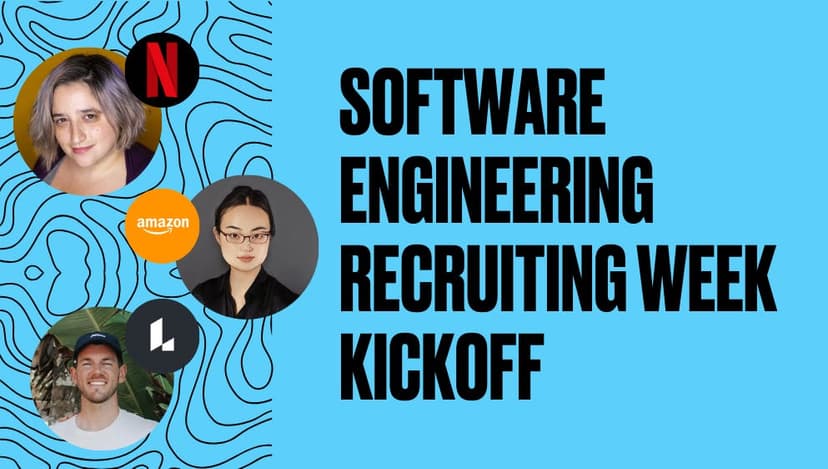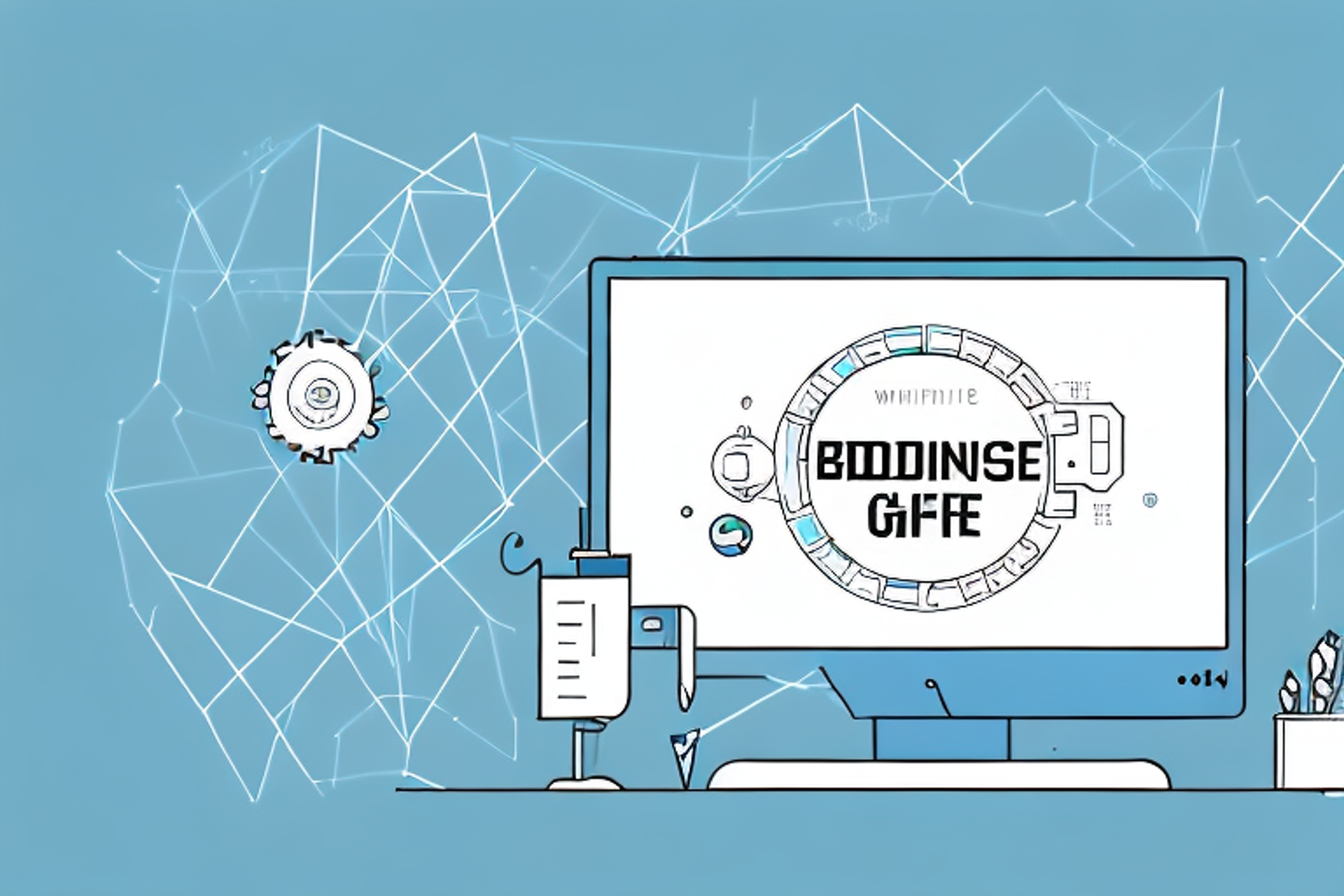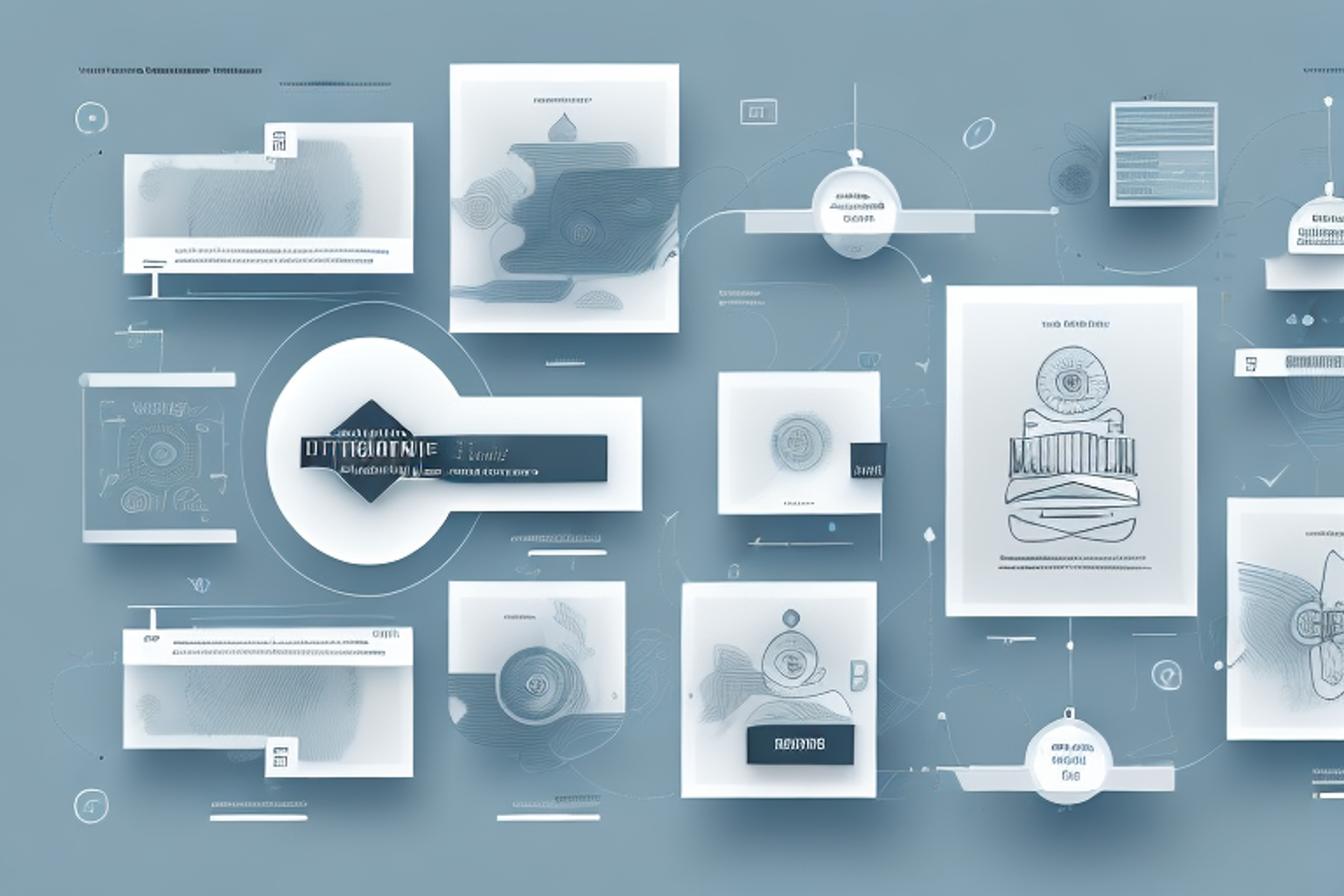Software Engineer Resume: The Ultimate Guide (2025)
Looking to land your dream job in software engineering? Crafting an effective resume is key.
Posted July 11, 2025

Join a free event
Learn from top coaches and industry experts in live, interactive sessions you can join for free.
Table of Contents
Writing your software engineer resume can feel overwhelming, but it doesn’t have to be! Whether you’re applying for your first job or you're a senior software engineer looking to level up, the key is keeping it clear, focused, and honest.
This guide will walk you through how to write a developer resume that actually gets read -- and better yet, gets results. No fluff. No jargon. Just straight-up advice you can use.
What Makes a Great Software Engineer Resume in 2025?
A good software engineer resume in 2025 is all about clarity, proof, and purpose. It shows what you’ve done, not just what you know. The best resumes highlight your real impact, whether it’s fixing bugs, building apps, or leading a team as a software engineering manager. List your software development wins, your strongest programming languages, and any personal projects that back up your skills.
Make it easy for hiring managers to see why you’re the right fit. Use keywords from the job description, keep it short (one page is fine), and always tailor it for the specific software engineer role you want.
Want to really stand out? Focus on strengthening the experience section of your resume that shows your passion and your ability to solve real problems with clean code.
How to Write a Software Engineer Resume
If you're wondering how to write a software engineer resume that actually gets interviews in 2025, here’s what to focus on:
- Tailor it to each job posting by matching technical skills and tools.
- Use metrics and outcomes to prove your value. Don’t just list tasks.
- Keep it concise: aim for 1 page if you have less than 10 years of experience.
- Link to your GitHub, portfolio, and LinkedIn to provide proof of your work.
This approach applies whether you're creating your first software engineering resume or refreshing your current one to apply for senior-level roles.
Software Engineer Resume Format Best Practices
Choose the Right Format
Your resume’s structure matters just as much as what’s in it. For most software engineers, the reverse-chronological format is the best choice. This puts your most recent job or project at the top and helps employers follow your journey clearly.
If you're an entry-level software engineer, and don’t have much work experience, a functional format can help you focus on your software engineer skills and education instead. But be careful, some hiring managers don’t love this style.
If you're a freelancer, or you’ve worked on a lot of different software development projects, a combination formatworks well. It lets you highlight both your experience and your skillset.
Use a Clean, ATS-Compatible Layout
Your resume is read by people and by applicant tracking systems (ATS). That’s why a simple design is the way to go. Use basic fonts like Arial or Calibri, and avoid colors, images, or graphics.
Keep your formatting clean: clear section headers, plenty of white space, and bullet points that are easy to scan. And when you're done, save it as a PDF, unless the job description says otherwise. A clean resume helps both humans and software understand what you're bringing to the table.
Must-Have Sections on a Software Engineer Resume
1. Contact Information
Include:
- Full name
- Professional email (no nicknames)
- LinkedIn profile
- GitHub (or portfolio site)
- Optional: Location (especially for hybrid roles)
2. Technical Skills Section
Group tools by category:
- Languages: Python, Java, JavaScript, Go
- Frameworks: React, Node.js, Django
- DevOps/Tools: Docker, Kubernetes, AWS, Git, CI/CD
- Databases: PostgreSQL, MongoDB, Redis
3. Professional Experience
Use bullet points and focus on:
- Action verbs + quantifiable outcomesE.g., “Improved API response time by 35% through query optimization.”
- Impact > DutiesBad: “Worked on front-end.”Good: “Refactored React components, improving load speed by 50%.”
- Show career progression, cross-functional work, and ownership
4. Projects (Especially for Juniors or Bootcamp Grads)
Include:
- Project name + tech stack
- What it does
- Your specific contribution
- Metrics, users, features added
5. Education
Include:
- Degree + institution
- Graduation year (optional for senior engineers)
- Relevant coursework (only if recent or applying to entry-level roles)
6. Certifications (Optional)
Only include if they’re relevant:
- AWS Certified Developer
- Google Cloud Associate
- Meta Front-End Certificate (Coursera)
- CompTIA Security+
Software Engineering Resume Example
To help you craft a high-impact resume, here are some engineering resume examples and software engineer resume template formats you can use as inspiration.
Where to Get a Free Software Engineer Resume Template
- Canva (ATS-friendly and customizable)
- Overleaf (for LaTeX-based resumes)
- GitHub Repositories – Many developers share open-source resume templates
- [Microsoft Word & Google Docs Templates] – Clean and easy to edit
Choose a software engineer resume template that’s minimal, scannable, and easy to update for each role.
The Bottom Line
A great software developer resume is more than a list of jobs. It's your story, written clearly, with purpose. Whether you're a junior software engineer fresh out of computer science school or a seasoned senior software engineer, your resume should show how you've built or improved real software solutions.
Don’t forget the details. Match your wording to the job title in the posting. Include key software engineering terms like software testing, web development, and operating systems when they make sense. And if you’re a certified software development professional, highlight that proudly.
Lastly, always tweak your professional summary and skills section for each application. Tailored resumes get more callbacks, plain and simple. Keep it sharp, keep it simple, and you’ll stand out in a stack of resumes that all say the same thing.
Want Help Perfecting Your Software Engineer Resume?
Writing a standout software engineering resume takes more than just listing skill; it takes strategy, proof, and polish. Whether you're applying for your first junior dev role or gunning for a senior position, a coach can help you tailor your resume, highlight your real impact, and avoid the mistakes that hold applicants back.
Frequently Asked Questions
What do tech companies look for in a software engineer's resume?
- Tech companies want to see real results. They look for resumes that highlight technical skills, hands-on projects, and measurable impact, like improving performance, fixing major bugs, or shipping features used in production.
How many programming languages should I include on my resume?
- Only list the languages you’re confident using. Most engineers include 3 to 6 core languages, supported by real projects. Quality matters more than quantity.
Should I include a resume summary?
- Yes. A short, clear summary at the top of your resume helps hiring managers quickly understand who you are and what you bring. Keep it specific to the role you’re applying for.
What soft skills should software engineers include?
- Soft skills like communication, teamwork, and problem-solving are just as important as coding. Show that you can work with others and explain technical ideas clearly.
What is the best resume format for engineers?
- The reverse-chronological format is usually best. It shows your most recent work first and is easy for recruiters and applicant tracking systems (ATS) to scan.

























